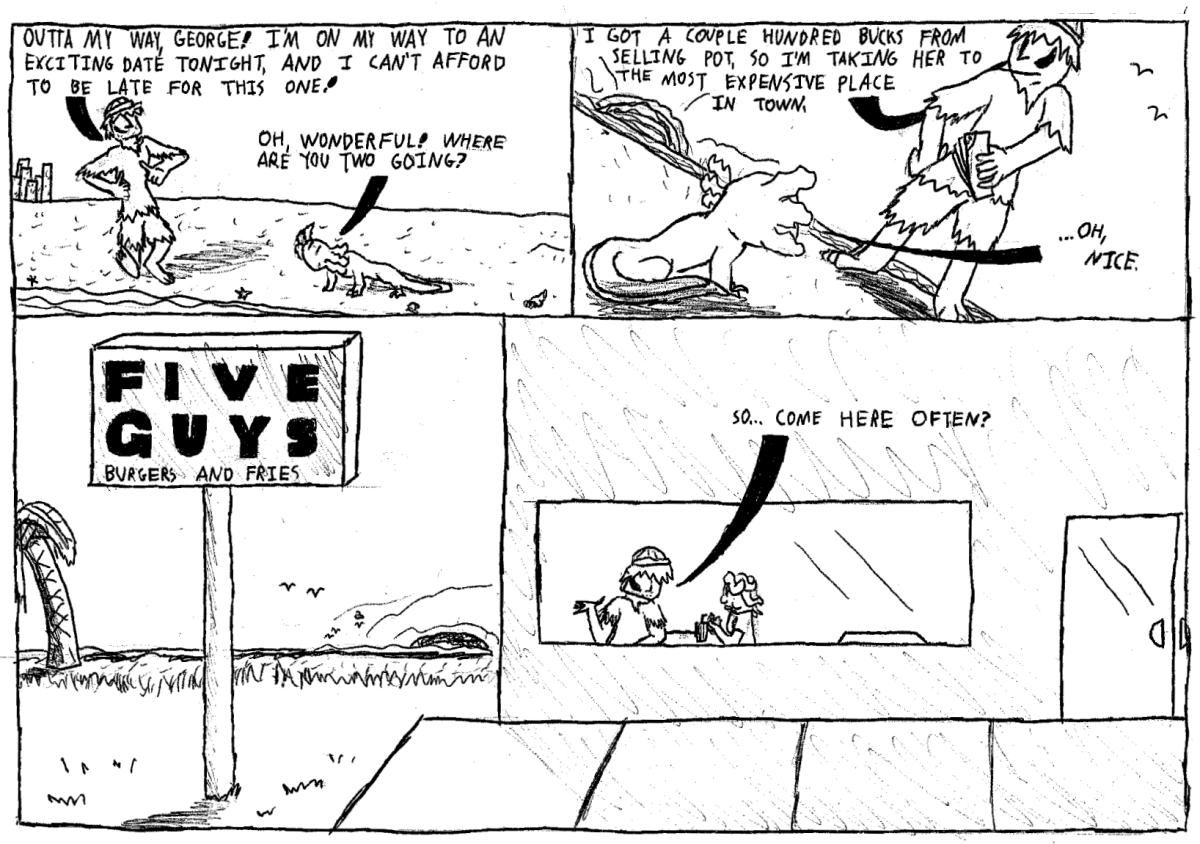Beth Etter of Tom’s Farm sets up shop at the Market House every Saturday. She is easy to spot from where she stands behind a neatly table-clothed stand which is heaped with the fall season’s crops: deep green Swiss chard, kale, baby beets and a mid-season variety of garlic known as “music” garlic.
Etter, who was born on the farm, has been eating these locally-grown, organic vegetables all of her life. Her father, Thomas Etter, an engineer-turned-dairy-farmer, moved his family to the farm in 1947 before she was born. Although the family’s prosperity fluctuated with the milk market, according to Etter, one thing remained constant.
“What we did have always was amazing food,” Etter said. “My dad and mom produced food from our family garden that was plentiful, fresh, beautiful and delicious.”
Etter, an Allegheny alumna, lives out her own unusual combination of interests, in keeping with the College’s motto. Etter said her degree in classical music is as integral a part of her life as the summers she spent doing barn chores, driving her dad’s tractor and bailing hay on the farm.
“My musical life has taken me around the world, to see many countries and to meet the most amazing people,” said Etter.
While away on her international travels, Etter said that the farm always beckoned her back. So she returned, and decided to keep the farm, upholding her father’s traditional method of farming.
“My father’s dream of a self sufficient operation that respected the land by using it in ways that enrich rather than deplete it, remains an everyday part of my own reality,” Etter said.
Decades ago, Etter’s father warned her of a time when people would simply believe that their food came in plastic bags—there would be people who didn’t know carrots came from the ground, or whether beans grew on trees or vines.
Etter, determined to evade her father’s vision of the future, decided to make wholesome food available to all who visit her Market House stand.
She also upholds her father’s organic farming practices. She recognizes that organic farming is by nature more expensive, time consuming, unpredictable and susceptible to damage than mainstream farming practices. But she believes the outcomes of organic farming outweigh the difficulties involved.
Sometimes, Etter said, “[your] kale just has holes in it.” According to her, that comes with the territory of organic farming-but the kale’s taste and wholesomeness make up the difference.







